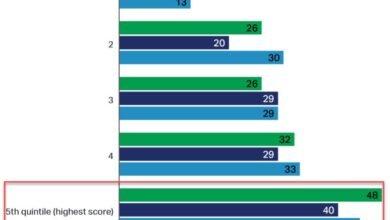Don’t blame coronavirus for WeWork’s collapse, blame WeWork
The most hyped startup in the world is hanging by a thread. But WeWork’s blitzscaling strategy was always going to end in tears

Source | www.wired.co.uk | EMANUELE MIDOLO
With a final whimper, the dream of restoring WeWork to its former glory has finally gone. On April 1, Japanese conglomerate and major shareholder SoftBank decided not to buy $3 billion (£2.45bn) in WeWork stock, dealing a blow to shareholders, including Adam Neumann, the company’s co-founder and former chief executive, who had hoped to sell their stock. Rather than rescue it, WeWork’s knight in shining armour is swiftly riding off into the night.
It’s a bitter development in an already acrimonious rescue plan, which involved SoftBank reluctantly pouring billions of dollars into the company to salvage its broken reputation and eventually recover its initial investment. Even if the market was prepared to forgive WeWork’s blunders, a blistering shut-down caused by coronavirus has left WeWork with empty buildings, tenants that can’t pay and astronomical costs. According to a report by the New York Times, the WeWork board is now considering whether to sue SoftBank. Without SoftBank, there seems to be no way forward for WeWork, which desperately needs an influx of cash to survive this crisis and weather a US government investigation.
At the end of summer 2019, WeWork was the most hyped startup in the world. Valued at an eye-watering $47bn, the co-working company was supposed to go public in one of the most anticipated initial public offerings (IPO) of the year. Fast forward 45 days and the company imploded, burning $40bn in the process. The culprit? The illusory truth effect.






